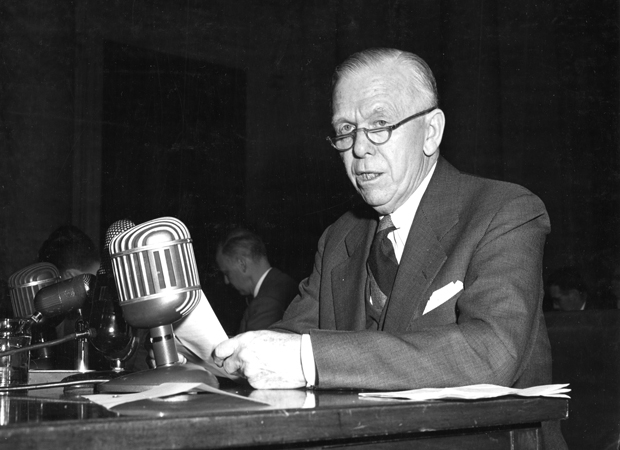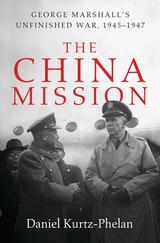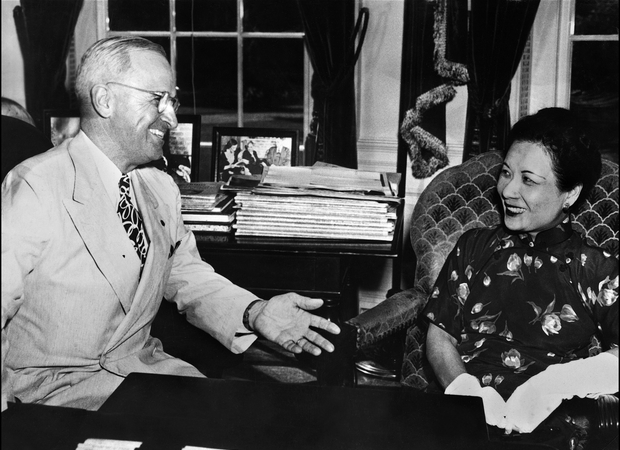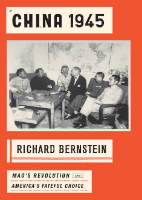China’s Quest to End Its Century of Shame
At an ocean research center on Hainan Island off China’s southern coast, officials routinely usher visitors into a darkened screening room to watch a lavishly produced People’s Liberation Army video about China’s ambitions to reassert itself as a...
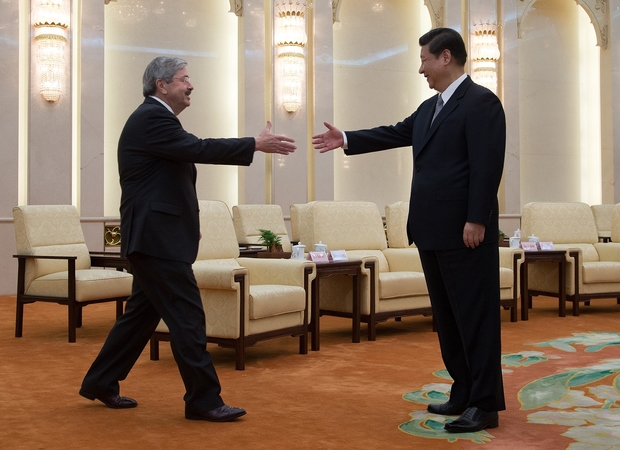
Can the New U.S. Ambassador to China See Xi Jinping for Who He Really Is?
When the Senate Foreign Relations Committee holds confirmation hearings on Terry Branstad’s nomination to be Ambassador to China, the Iowa Governor is sure to be asked about the positions of the president who nominated him. I hope...
Can Donald Trump Break Beijing’s ‘One China’ Obsession?
Through force and diplomacy, many renowned figures have tried to divide the country, and all have failed. Still, the new U.S. president seems to want the issue back on the table and, if so, he has a steep, historic hill to climb
McDonald's China Heritage Outlet Criticised
The opening of a McDonald's outlet in the home of former Taiwanese leader Chiang Ching-kuo in Hangzhou, China has sparked a controversy.
Q. and A.: Chan Koonchung on Imagining a Non-Communist China
We’re in Beijing — no, Beiping — Dec. 10, 1979.
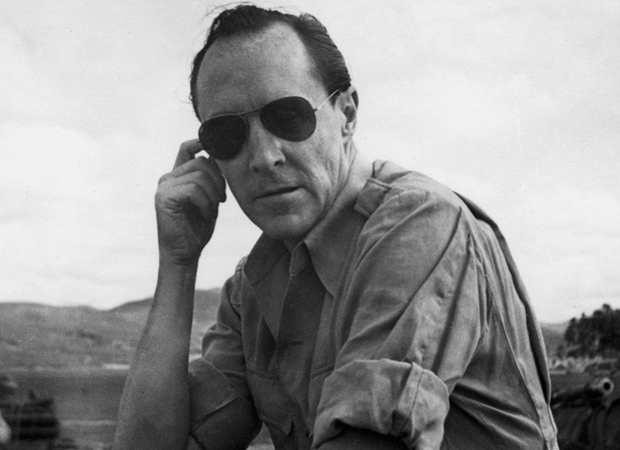
The ‘Breaking of an Honorable Career’
from New York Review of Books1.
In the 1950s, the late John King Fairbank, the dean of modern China studies at Harvard, used to tell us graduate students a joke about the allegation that a group of red-leaning foreign service officers and academics—the four Johns—had...

The Triumph of Madame Chiang
from New York Review of BooksCharlie Soong, born in 1866, was a new kind of figure in Chinese history, an independent-minded youngster with an openness to the world who came to Boston from Hainan Island at the age of twelve to work in a store. At fourteen he stowed away on a...
The Enigma of Chiang Kai-shek
from New York Review of BooksBack in 1975, when he died in Taiwan at the age of eighty-seven, it was easy to see Chiang Kai-shek as a failure, as a piece of Chinese flotsam left awkwardly drifting in the wake of Mao Zedong’s revolutionary victories. Now it is not easy to be...

Chinese Shadows
from New York Review of BooksThere are many reasons for getting tattooed. But a sense of belonging—to a group, a faith, or a person—is key. As a mark of identification a tattoo is more lasting than a passport. This is not always voluntary. In Japan, criminals...
Chiang’s Monster
from New York Review of Books1.
During the late 1930s and World War II, it was common to call Dai Li “China’s Himmler,” as if Chiang Kai-shek’s secret police and intelligence chief during that period performed functions similar to the head of the Gestapo and the SS...
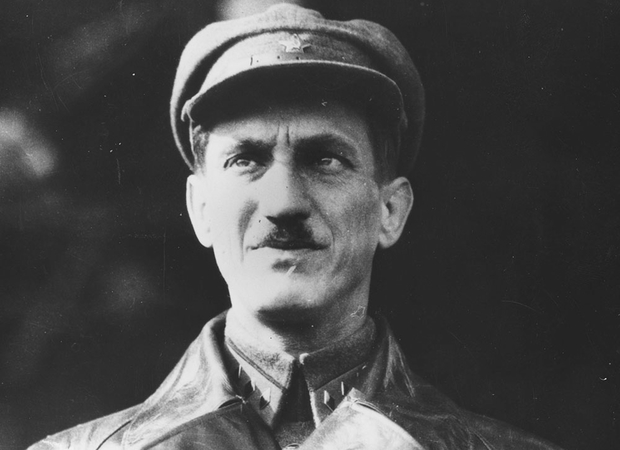
His Man in Canton
from New York Review of BooksIn the Chinese united front of the mid-1920s, the Soviet agent Borodin has been a protean figure. Bringing Leninist skills, arms, and advisers to Canton, he seemed to be the priceless ingredient that finally catalyzed Sun Yat-sen’...
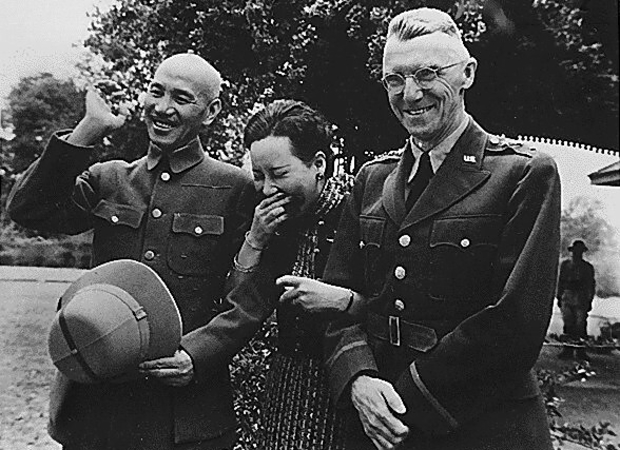
Peanuts and the Good Soldier
from New York Review of BooksIn 1927, the province of Shantung was under the control of the warlord Chang Tsung-chang, a ferocious ex-coolie with a taste for white mercenaries and white women. His forces included a Russian brigade with four armored trains; he himself went to...
How Mao Won
from New York Review of BooksIn response to:
Was Chinese Communism Inevitable? from the December 3, 1970 issue
To the Editors:
Although pleased by Martin Bernal’s laudatory reference to my piece criticizing...




